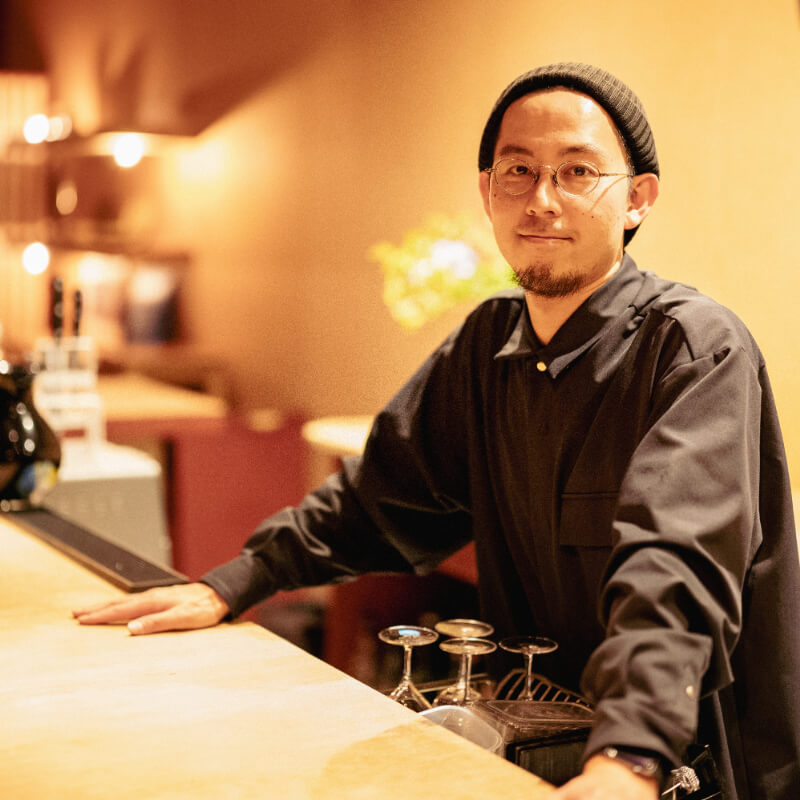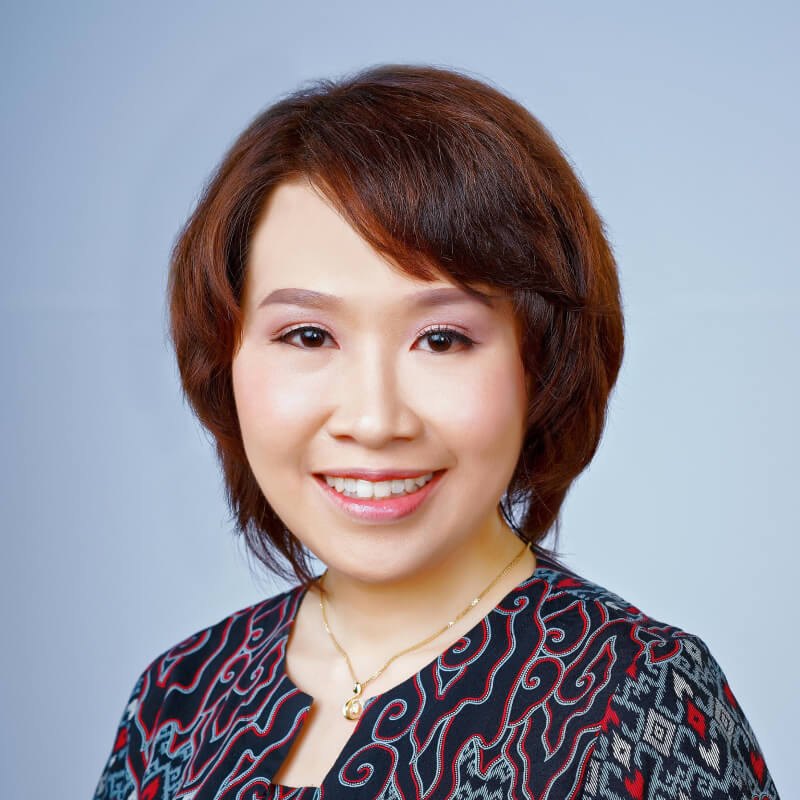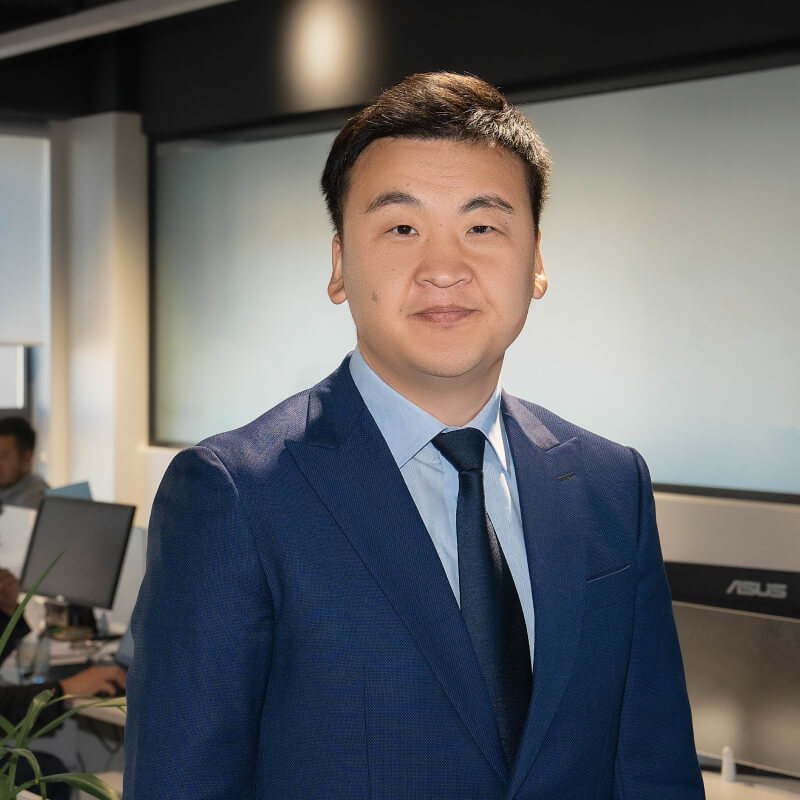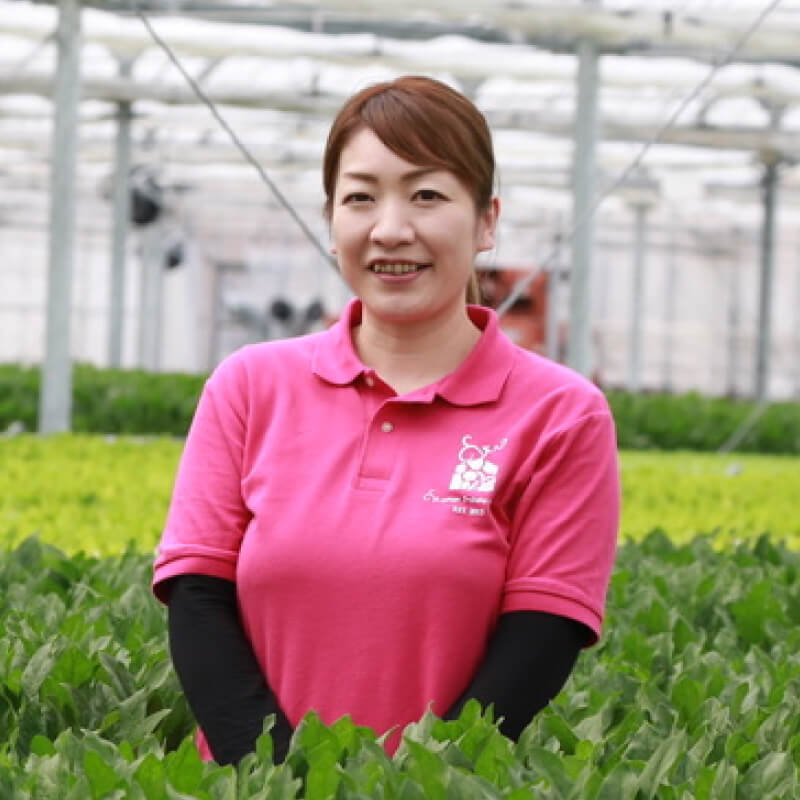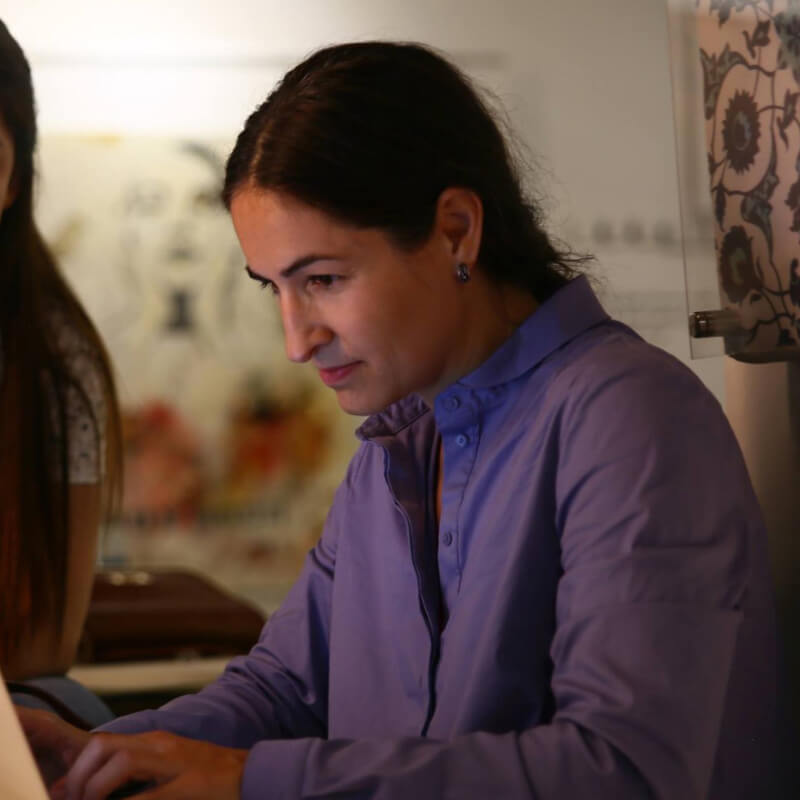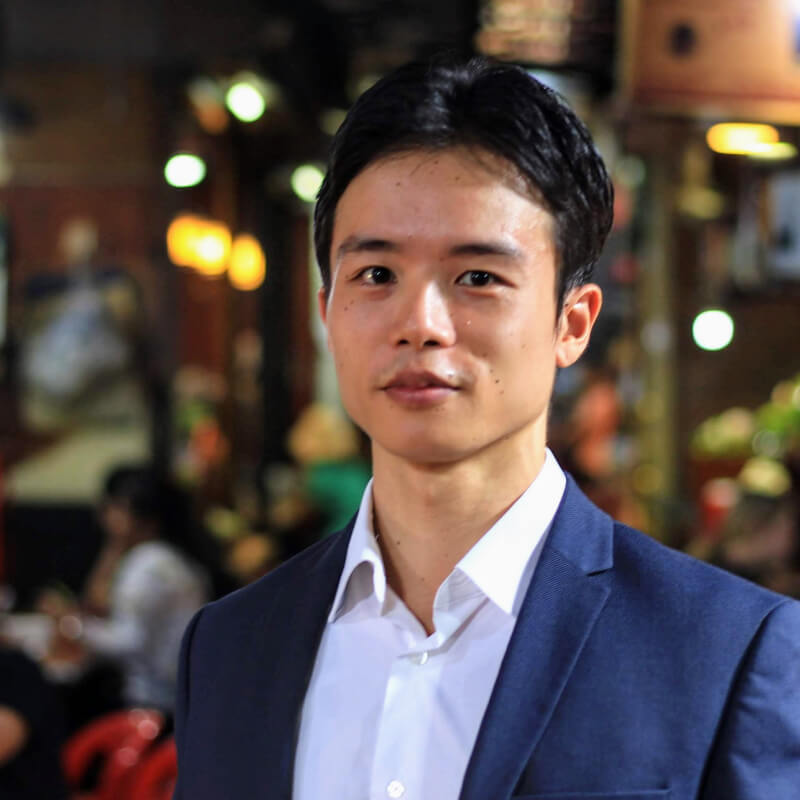
Small Loans, Big Impact:
Creating an Inclusive Microfinance Service
in Cambodia
NAGANO, YUTA
Introduction
After reading articles about child soldiers, he became interested in societal issues.
During my high school days, when I was dedicated to gymnastics, I happened to read an article about child soldiers and began to take an interest in the social issues of developing countries. I felt fortunate to have options to immerse myself in what I love, just like I was doing at that time. I wondered why there was such a big difference due to the environment one is born into, just like the difference between myself and the child soldiers, and that curiosity was the start of my thinking about social issues. At university, I considered continuing gymnastics but decided to take on new challenges in different fields."
Mr. Nagano is from Yokohama City. Initially, his parents opposed his decision to attend APU in Kyushu. However, he chose APU because he thought APU was the only place in Japan where he could discuss social issues with international students from developing countries.
After enrollment, he began eagerly learning about social issues through various lectures. The topic of his first assignment report was on 'poverty'. Struggling with English, he made full use of the Self Access Learning Centre (SALC) on the APU campus. In his second year, he went on an exchange to the UK, where he focused on studying social business.
While studying at APU and in the UK, I learned that simply providing aid to developing countries can lead to dependency on the part of the recipients. So, I came to the conclusion that I wanted to create a social business that would allow people in the so-called poor countries to sustainably improve their lives. I was particularly interested in microfinance. Microfinance is a collective term for small loans to poor people in developing countries, with the goal of starting businesses or improving lives. Introduced to microfinance by a teaching assistant in my first-year report, I wanted to learn more. Later, in my third year, I interned at Grameen Bank.
Grameen Bank is known for lending small amounts of unsecured funds to poor women in Bangladesh and has won the Nobel Peace Prize in 2006.
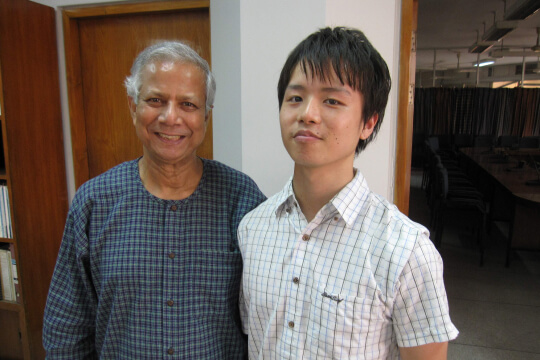
I contacted Grameen Bank through their website and was accepted as an intern. During the internship, after learning about microfinance, I visited rural villages and interviewed women borrowers about loan amounts, uses, and changes in their lives. I was able to see firsthand how money was used and the impact it had. I could see the wonderful improvement in people's lives and the reach of microfinance even to small villages. From this experience, I realized that financial services are like a fundamental infrastructure of people. Like electricity and water, access is important, but I also thought it doesn't solve poverty by itself. What's important is how people can gradually improve their lives by using this infrastructure. After the internship, I was determined to work in microfinance in the future.
Immediately after graduation and upon joining a Japanese company, there was a big turning point.
After graduating, Mr. Nagano joined Sumitomo Mitsui Banking Corporation in Japan. He chose this path because it seemed to offer the earliest opportunity to be assigned overseas compared to other financial institutions. However, a turning point came during his first summer holiday after joining the company.
On my first summer holiday as a working adult, I traveled to Cambodia and met a Japanese entrepreneur running a microfinance service through an acquaintance. He invited me to work with him. Seeing it as an invaluable chance to work towards what I wanted to achieve, I quit the bank and moved to Cambodia. After working under this entrepreneur for nearly three years and learning various things, I became independent and founded my current company in 2017. Initially, we operated a financial services comparison site. It was a 'referral business,' where we would receive referral fees from financial institutions when someone took a loan through our site. Despite pre-screening customers before referring them, we faced a situation where loans were hardly ever granted. Despite over 80 microfinance institutions specializing in small loans in Cambodia, the number of people who could actually use the services was very limited. When we asked customers directly, we found issues such as lack of collateral and necessary public documents. I began to wonder if there was a way to measure creditworthiness outside of conventional methods since people who could repay were being rejected. As a result, I discovered that smartphones were widely used in Cambodia, and that the data within these devices could potentially be used for credit scoring. I decided to take the risk and start a lending business. After fundraising, hiring engineers for app development, obtaining a business license, we managed to launch the service in March 2019. Fundraising and hiring technicians were quite challenging. The app is named Spean Luy, which is the same as our company name. In Cambodian, Spean means 'bridge' and Luy means 'money.'"
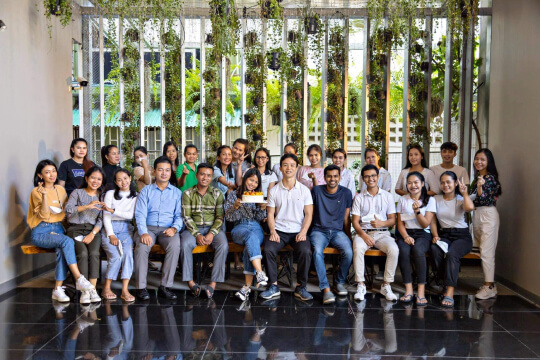
Ensuring that financial services are provided to everyone.
The Spean Luy app allows the entire loan process to be completed anytime, anywhere.
The most distinctive feature of our company is the use of machine learning (AI) to make immediate lending decisions based on smartphone data. Depending on the credit score calculated by machine learning, we lend up to $1,000. Our company is the only one that currently offers a service where the entire loan application and repayment process can be completed via a smartphone app. It is indeed gratifying to hear that people who couldn't use other financial institutions can expand their business scale and improve their income by using our service.
Indeed, it has provided financial infrastructure to those in Cambodia who could not previously benefit from traditional banking services.
Now we aim not only for microfinance but also to build a digital financial and retail ecosystem in Cambodia. As a start, we created a marketplace within the app where business operators who expanded their business with our loans can list and sell their products. In addition, we have added a post-payment service to support customers who purchase products there. The post-payment service can also be used in physical stores and as of September 2023, it is being used in over 1,000 stores across Cambodia. Like Japan's QR code payment, you can purchase by simply reading information with the smartphone app. We are also developing a financial system that utilizes data and hope to expand it to other Southeast Asian countries in the future.
Mr. Nagano has realized his dream of working in finance in developing countries and has grown his company as an entrepreneur. Now, he has made another significant 'decision' towards a greater goal. Starting in the summer of 2023, he began his Master’s program at the Harvard Kennedy Graduate School of Public Administration.
I have worked hard for the growth of my business, believing that increasing our customer base would lead to solving social issues. I think our business is actually solving issues. However, I have also felt the conflict that comes with being a private company. Initially, I started my company with a social purpose, but I have been concerned that my original aspirations were fading as I became focused on daily metrics and trends. This led me to want to cultivate a viewpoint outside of the private sector, thinking that by learning more about policy and the public sector, I might discover more that I could do. I want to spend the time at graduate school broadening my perspective, talking with students and professors from different backgrounds. It's a continuation of the decisions I've made since choosing APU, or even since my days dedicated to gymnastics - to decide for myself, take action, and find what I truly want to do. It feels very much like me, and I want to continue to work on solving social issues.
Beyond improving access to finance, Mr. Nagano hopes to create a society in which people living anywhere on the planet have full access to healthcare, food, and education. Mr. Nagano's dreams, which began to grow when he was at APU, have become even bigger after his experience in Cambodia.
(This article is based on an interview conducted when Mr. Nagano began studying at Harvard Kennedy School in the summer of 2023. As of August 2024, he has completed his Master’s program at Harvard.)

